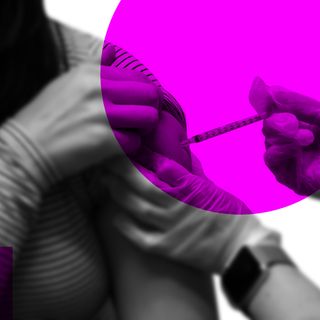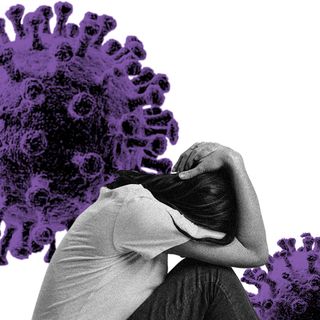Phonophobia is the fear of loud noises. It can be triggered by incessant honking, car alarms, sirens, firecrackers, and more.
While loud noises can make most of us uncomfortable, a person suffering from phonophobia not only has more intense reactions to loud noises but also feels deep stress and anxiety in anticipation of loud noises. Therefore, experts say, phonophobia isn’t a hearing disorder but an anxiety disorder.
That said, a persistentfear and anxiety over loud noises can be linked to hyperacusis — a hearing disorder characterized by a heightened sensitivity to certain frequencies or volumes, including everyday sounds (like a running tap) that don’t affect others. But experts say that while phonophobia may sometimes be related to, or result from hyperacusis, the experiences aren’t the same thing. “Phonophobia and hyperacusis are two separate but closely related symptoms that are often mistakenly used in clinical practice as the same entity,” a 2010 study notes.
Phonophobia can also occur in highly sensitive persons, or HSPs, who experience a more heightened awareness of their environments. The personality trait makes people more susceptible to loud noises around them, leading them to feel more overwhelmed or stressed in anticipation.
Related on The Swaddle:
White Noise Doesn’t Necessarily Aid a Good Night’s Sleep, Says Study
Phonophobia is diagnosed using the criteria for a ‘specific phobia,’ as given in the fifth Diagnostic and Statistical Manual, or DSM-5, which includes:
- immediate anxiety always provoked by the situation/object one fears;
- fear, anxiety, or avoidance of the situation/object is persistent, and typically lasts for six months or more;
- the fear or anxiety is disproportionate to actual dangers posed by the situation/object; and
- the anxiety and avoidance distresses one, or impairs one’s everyday functioning.
The good news is, experts say phonophobia is a treatable psychiatric disorder. Treatment could include different forms of psychotherapy: the commonly used ones are cognitive behavioral therapy and exposure therapy, which employs guided and repeated exposure to the situation/object one fears in order to master the fear. In some cases, therapy is also used in combination with medication to ease the anxiety and reduce the stress.




